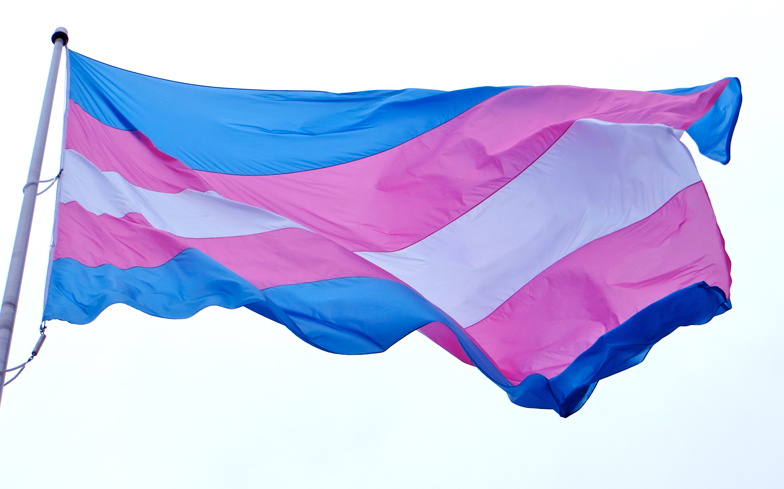The new law narrowly passed Portugal’s Parliament, reportedly by 109-106 votes.
A new law in Portugal has removed the need for a medical diagnosis before someone can have their gender legally recognised. It now allows trans people in the country to change their legal gender through self-determination. The new law also allows people who are 16 and 17 to be able to self-determine, provided that they have approval from a parent of legal guardian.
Portugal is the sixth European country to adopt these laws, following Malta, Norway, Denmark, Ireland and Belgium.
Related: For trans visibility to matter it must be part of something bigger and more substantial
The passing of the law was met with praise, with Katrin Hugendubel, from the LGBTQ group ILGA-Europe saying: “ILGA-Europe are very relieved that the law based on self-determination was adopted and that it will be accessible to everyone over 16.
“We are also encouraged that politicians (despite the fact that some parties’ commitment to equality seemed to be wavering in the past few weeks) ultimately voted in favour of respect and common sense.
“We congratulate Portugal – and look forward to celebrating with our members and friends at the 2018 IDAHOT Forum taking place in Lisbon next month!”
Isabel Moreira from the ruling Socialist Party called the vote “a historic step towards the right to self-determination of gender and sexual equality.”
Sandra Cunha of the Left told DN that the vote shows that “the suffering that young people suffer in their day to day life is not tolerable in this parliament and in this country.”
However, the passing of the law was met with some resistance. Vânia Dias da Silva from the right-wing CDS-PP said: “We disagree with this law.
“[Those who are] 16 years old can’t marry, drink, or drive, so they shouldn’t be able to make a decision with such definite and serious consequences.”
The new law is a big step forward for a country that didn’t have any laws regarding transgender identity until 2011. Previously, trans people in Portugal had to sterilised and sue the state for wrongful attribution of identity before they could transition.
Since the introduction of the Gender Law, 485 people from the country have legally changed their names and gender, according to the country’s Ministry of Justice. Although figures surrounding trans-identifying teenagers aren’t kept, a psychiatrist, Zélia Figueiredo told the BBC that the age of people seeking her out “are increasingly younger.”
Related: Using chosen names helps reduce risk of depression and suicide in trans youth




